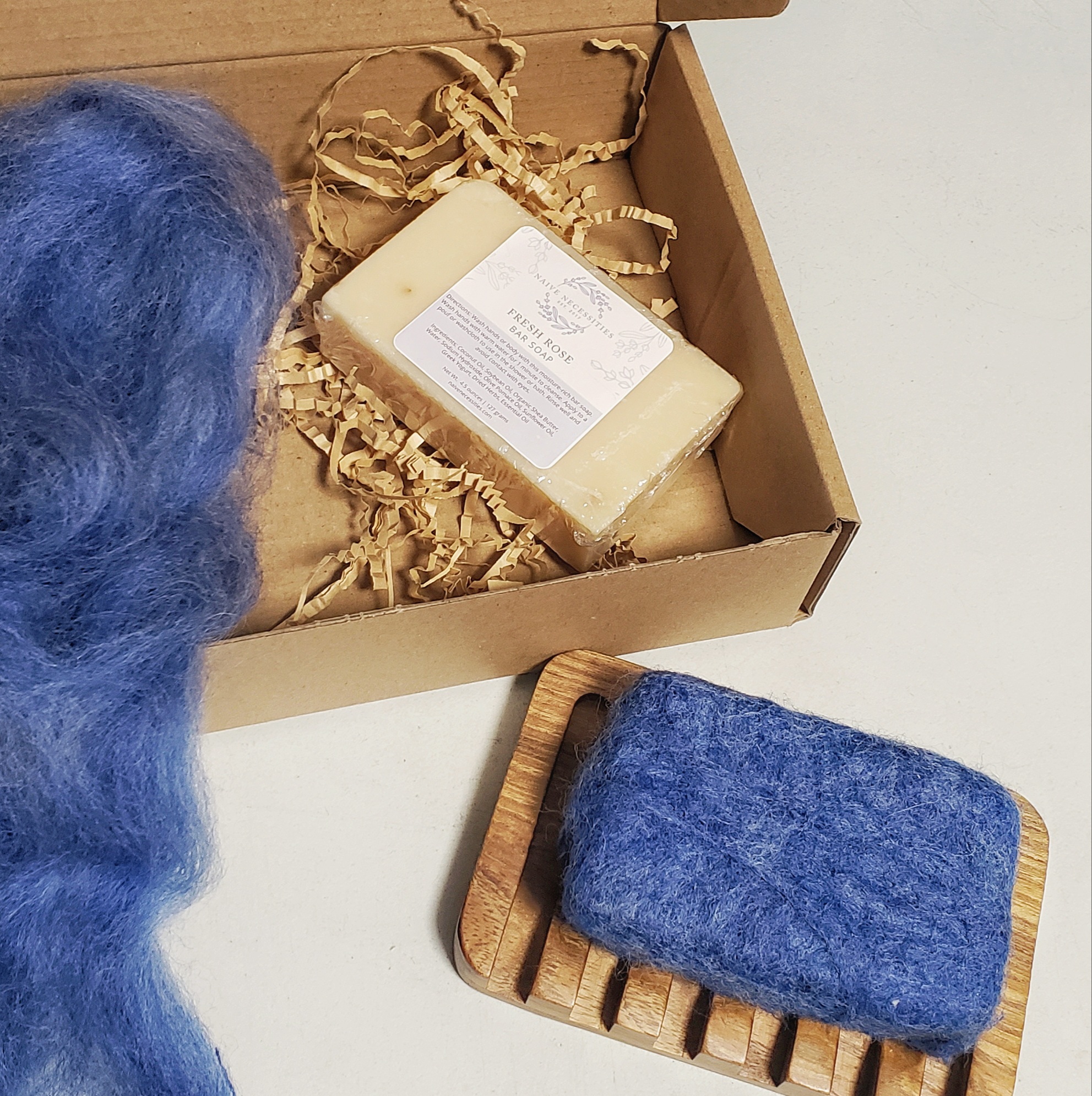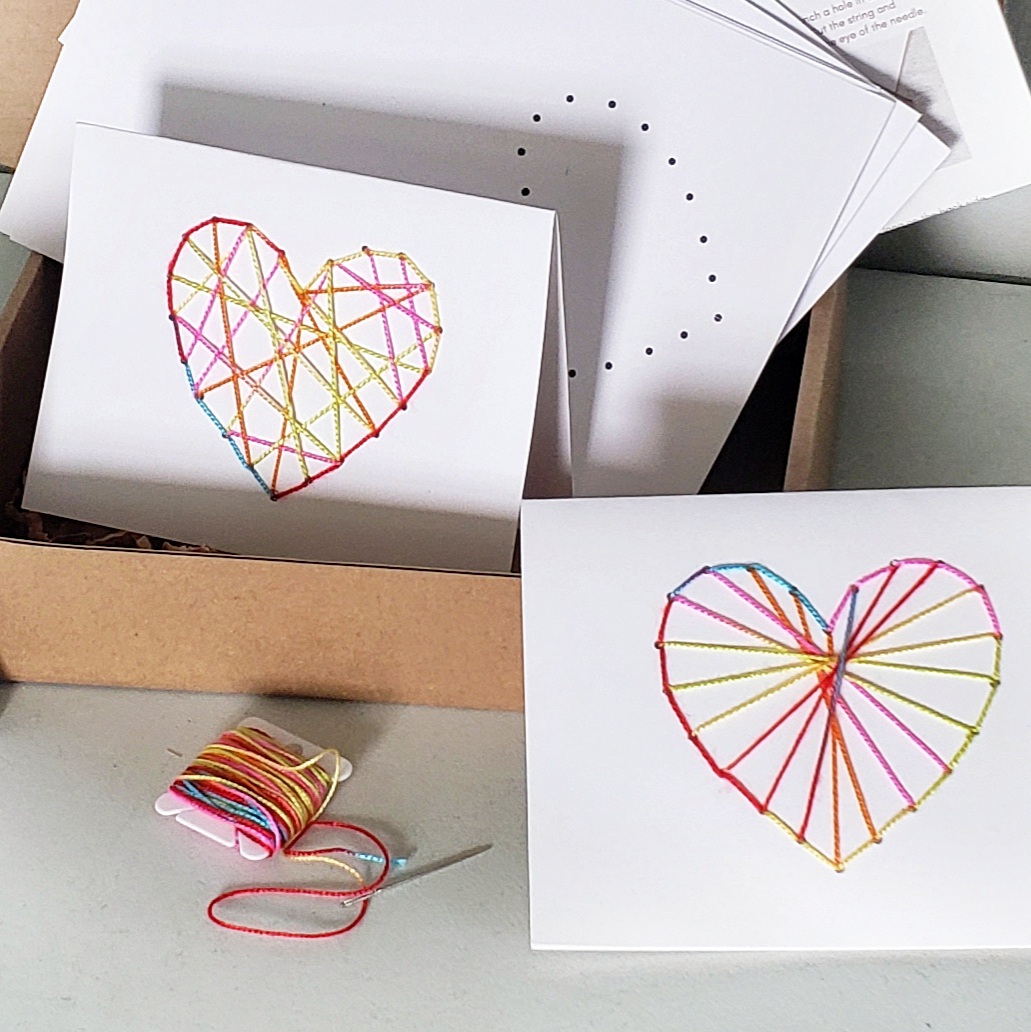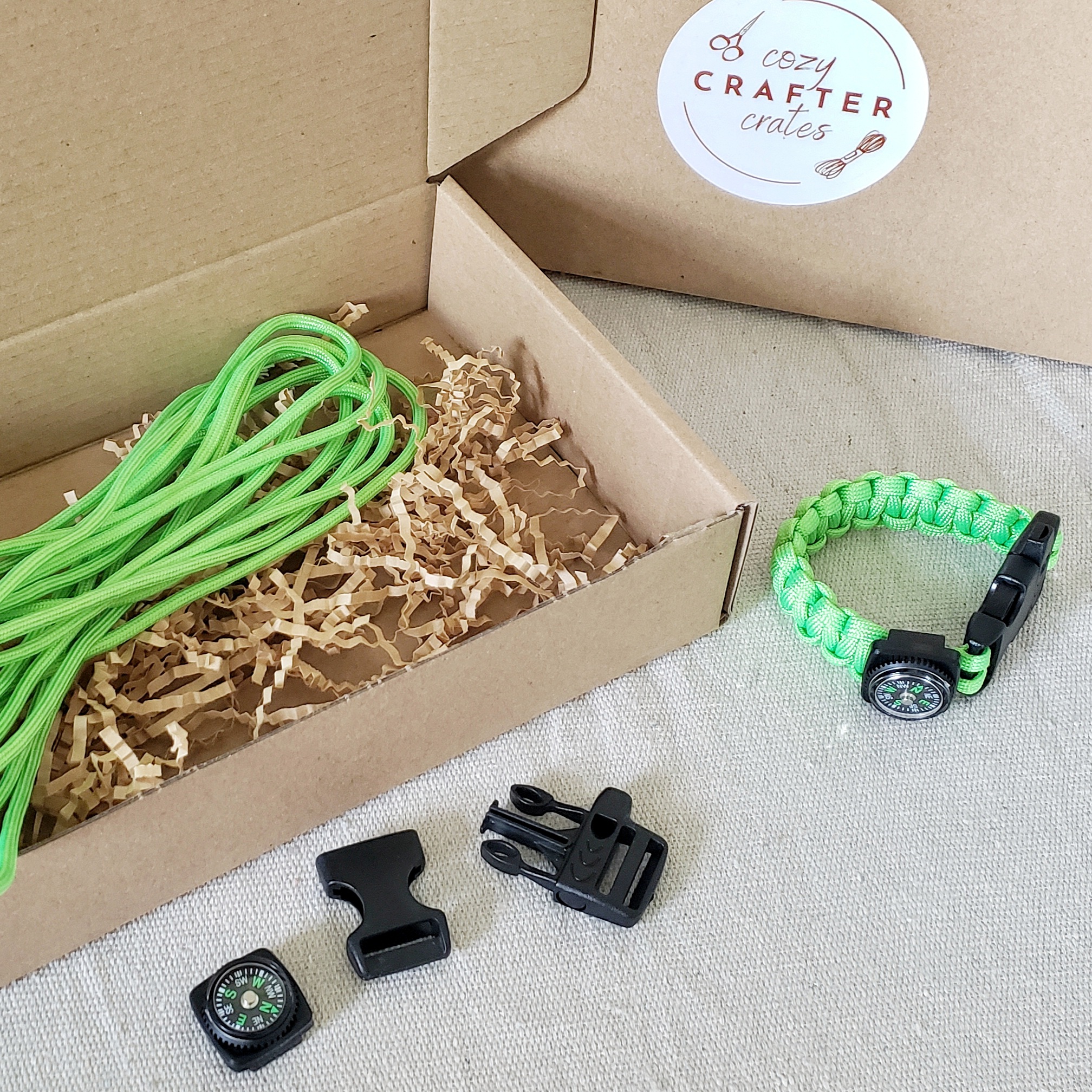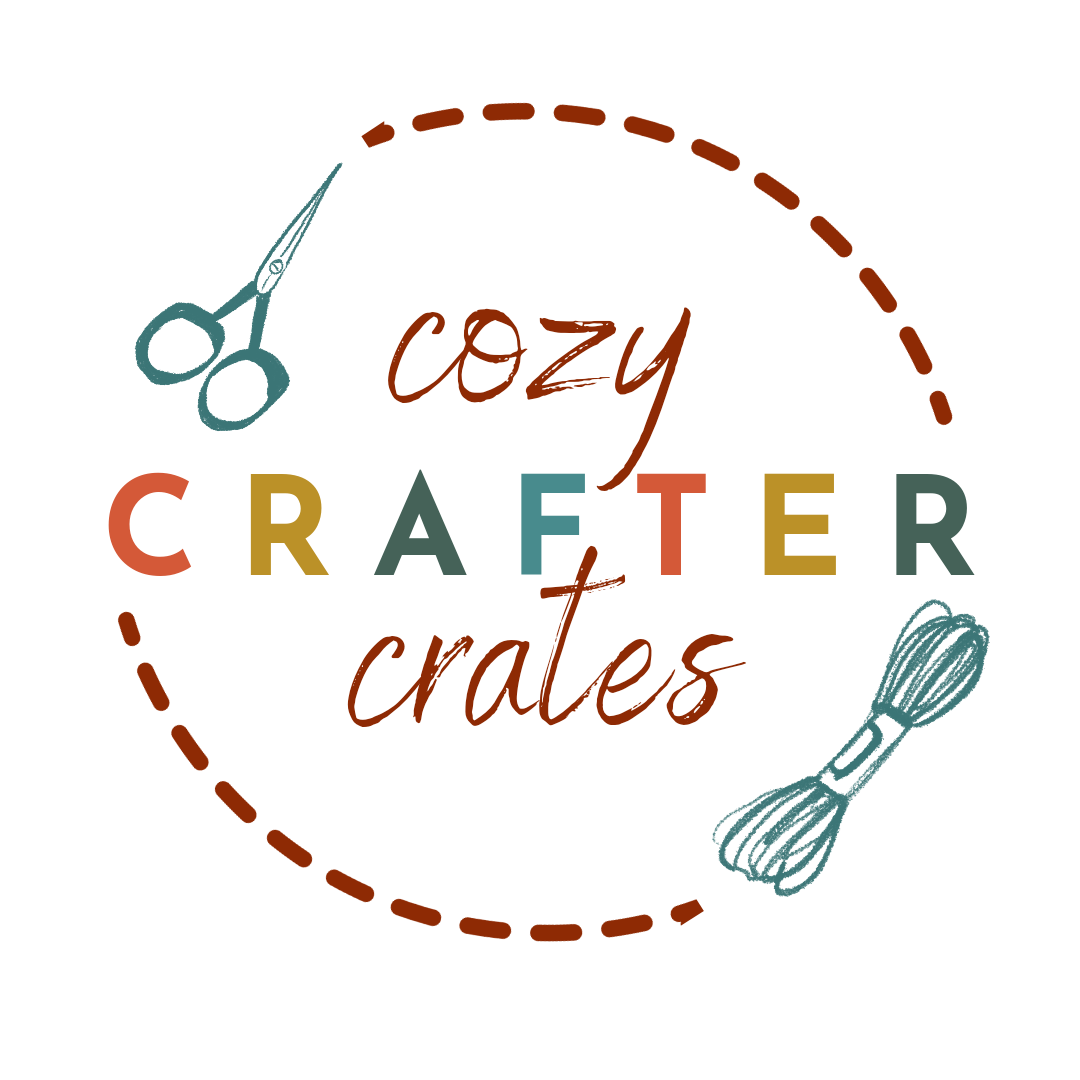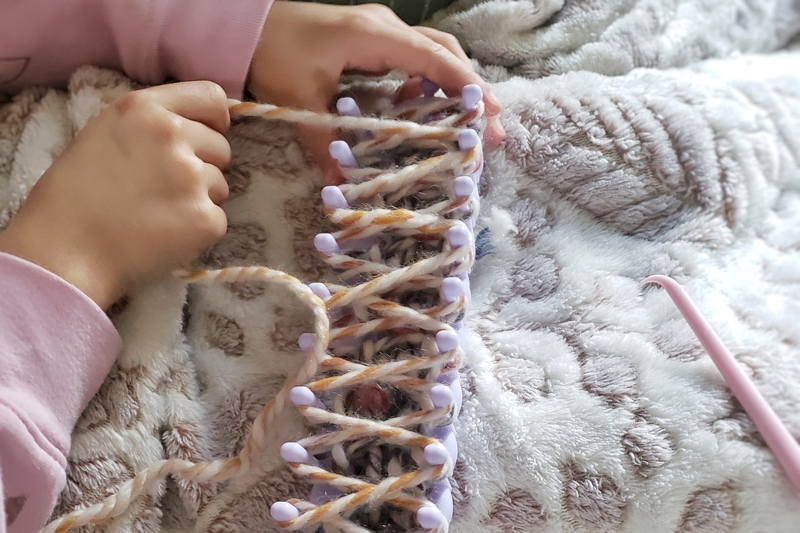Meet someone who shares my name and my love of handicrafts!
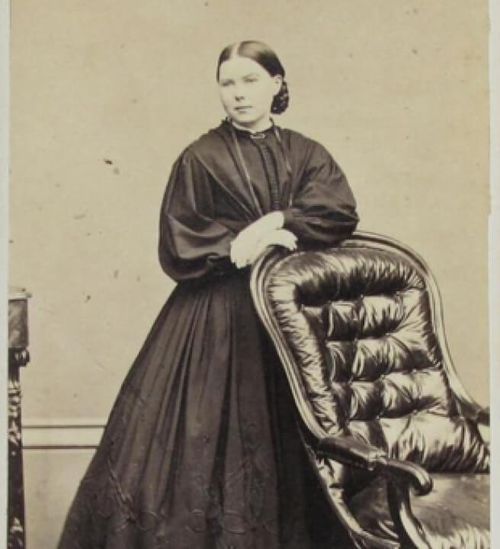
Charlotte Mason (1842-1923) was a British educator whose philosophy revolutionized the way we think about teaching and learning. Her educational approach focused on providing children with a “liberal education” that encouraged a love for learning through engaging, meaningful experiences. She emphasized the importance of developing good habits and cultivating a lifelong love of learning.
Handicrafts, in the context of Charlotte Mason’s educational philosophy, are not just about creating beautiful or functional objects. They represent a fundamental aspect of Mason’s belief in a well-rounded education. Here’s why:
1. Encouraging Practical Skills and Creativity: Handicrafts offer students the opportunity to develop practical skills while also expressing their creativity. By engaging in activities such as knitting, sewing, woodworking, or pottery, students learn to work with their hands, improving their fine motor skills and problem-solving abilities. This practical experience complements academic learning, reinforcing the idea that education extends beyond textbooks.
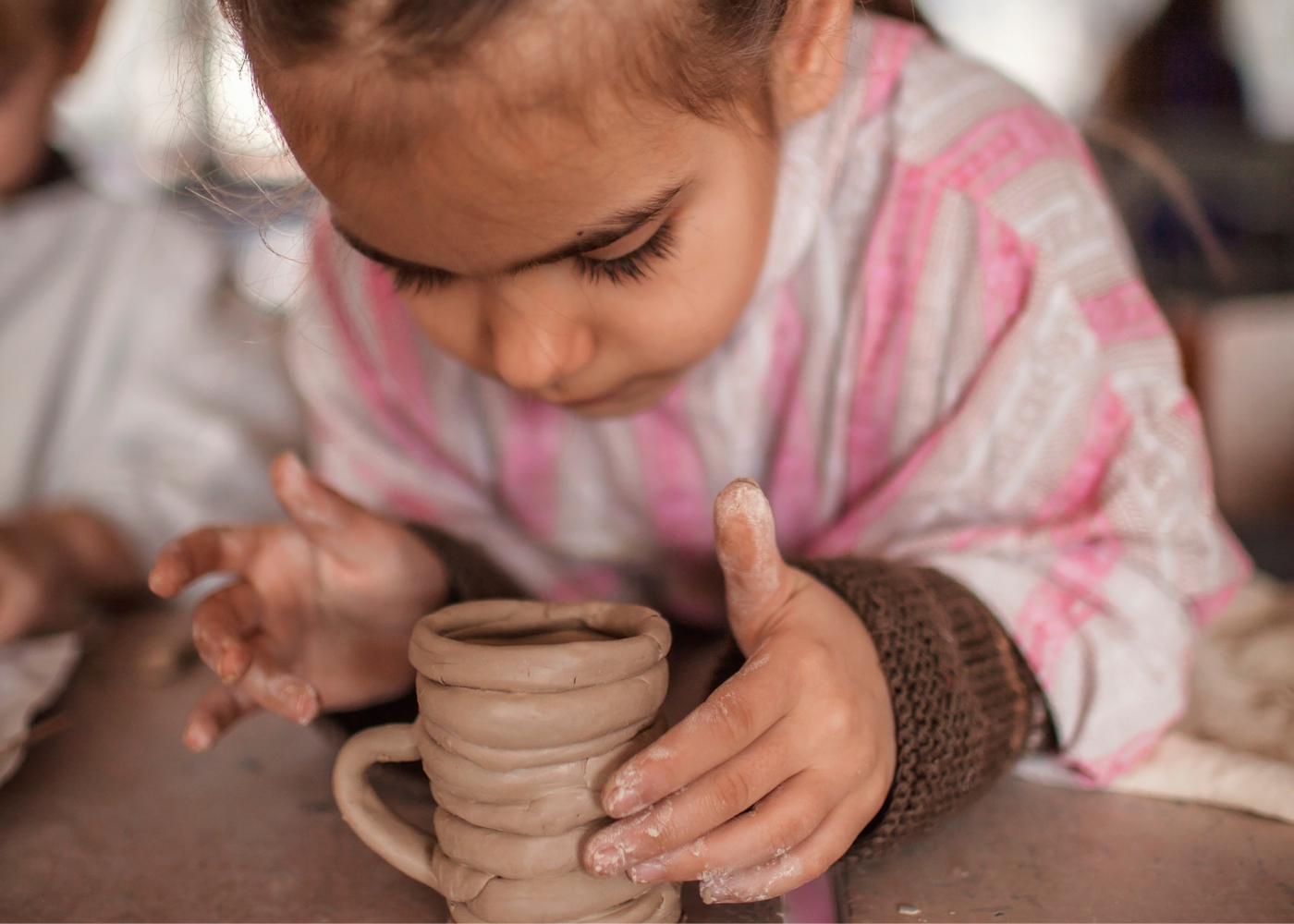
2. Promoting Focus and Patience: Mason believed that developing good habits was crucial for children’s success. Handicrafts require patience, concentration, and perseverance—qualities that align with Mason’s emphasis on cultivating good habits. Through the process of creating something from scratch, students learn to focus on a task, manage their time, and appreciate the value of persistence.
3. Connecting with Nature and History: Many traditional handicrafts have historical and cultural significance. For instance, learning to weave or make pottery can connect students to different cultures and historical periods. Mason advocated for an education that included a study of history and nature, and handicrafts can serve as a hands-on way to explore these subjects. By creating items that have historical or cultural roots, students gain a deeper understanding of the world around them.
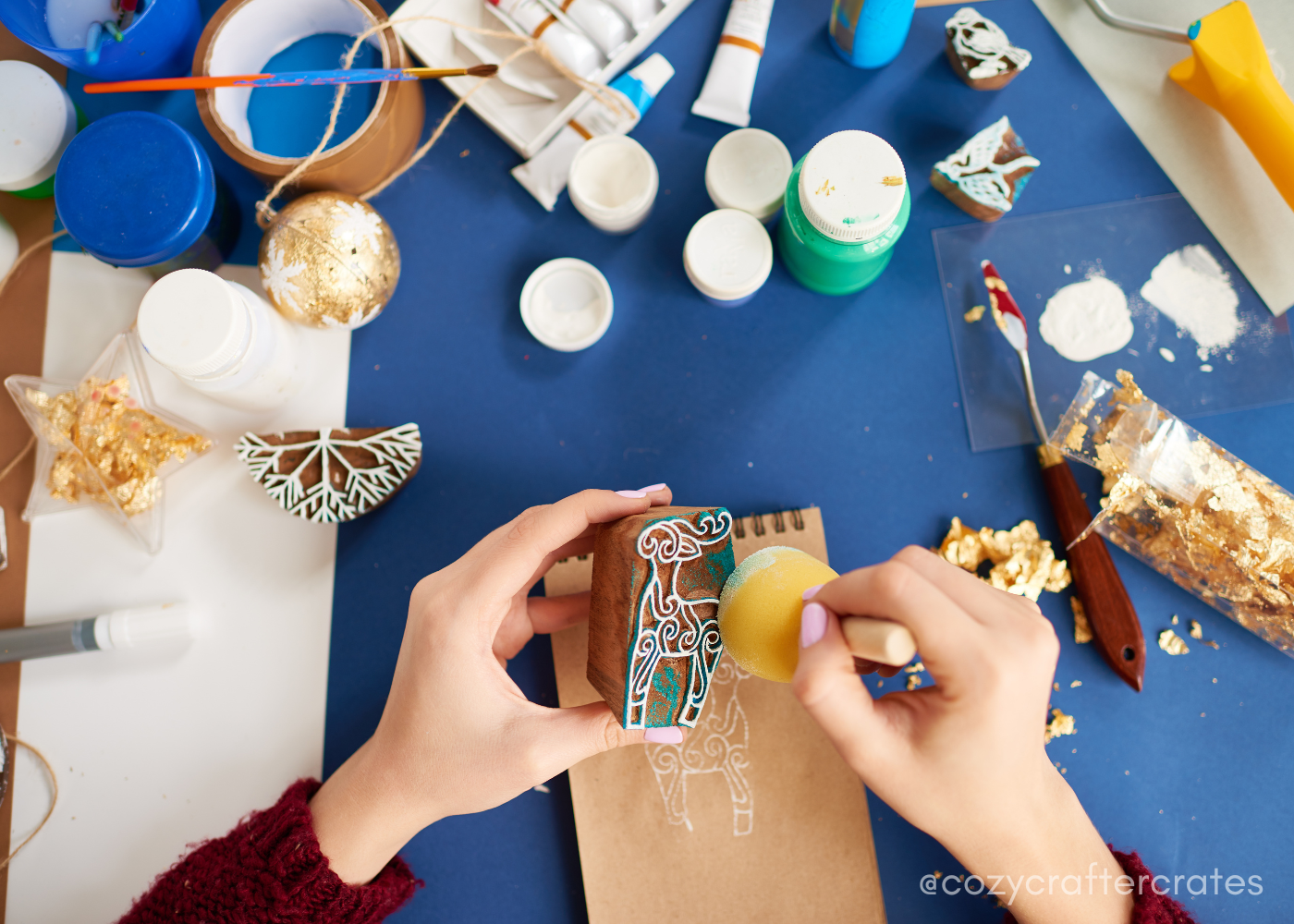
4. Fostering Character Development: The process of creating something with one’s own hands can be incredibly fulfilling and can instill a sense of pride and accomplishment. Mason’s philosophy emphasized the importance of character development, and handicrafts offer a tangible way for students to experience and reflect on their growth. The satisfaction of completing a project can boost self-esteem and encourage a positive attitude toward future challenges.
While Charlotte Mason’s ideas were conceived over a century ago, they remain remarkably relevant today. Incorporating handicrafts into modern educational settings can be both practical and enriching. Here are some tips for integrating handicrafts into contemporary education:
-Set aside dedicated time for handicrafts within the curriculum. Whether it’s a weekly session or a monthly project, having regular opportunities for hands-on work ensures that students engage with these activities consistently.
-Combine handicrafts with lessons in history, science, or literature. For example, students could create models related to a historical period they’re studying or design their own book covers based on a literary work.
-Allow students to choose their own craft projects based on their interests. This personalized approach fosters a sense of ownership and enthusiasm for the activity.
-Focus not just on the finished product, but also on the process and effort involved. Celebrating both the successes and the learning moments from any difficulties encourages a positive attitude towards crafting and learning.
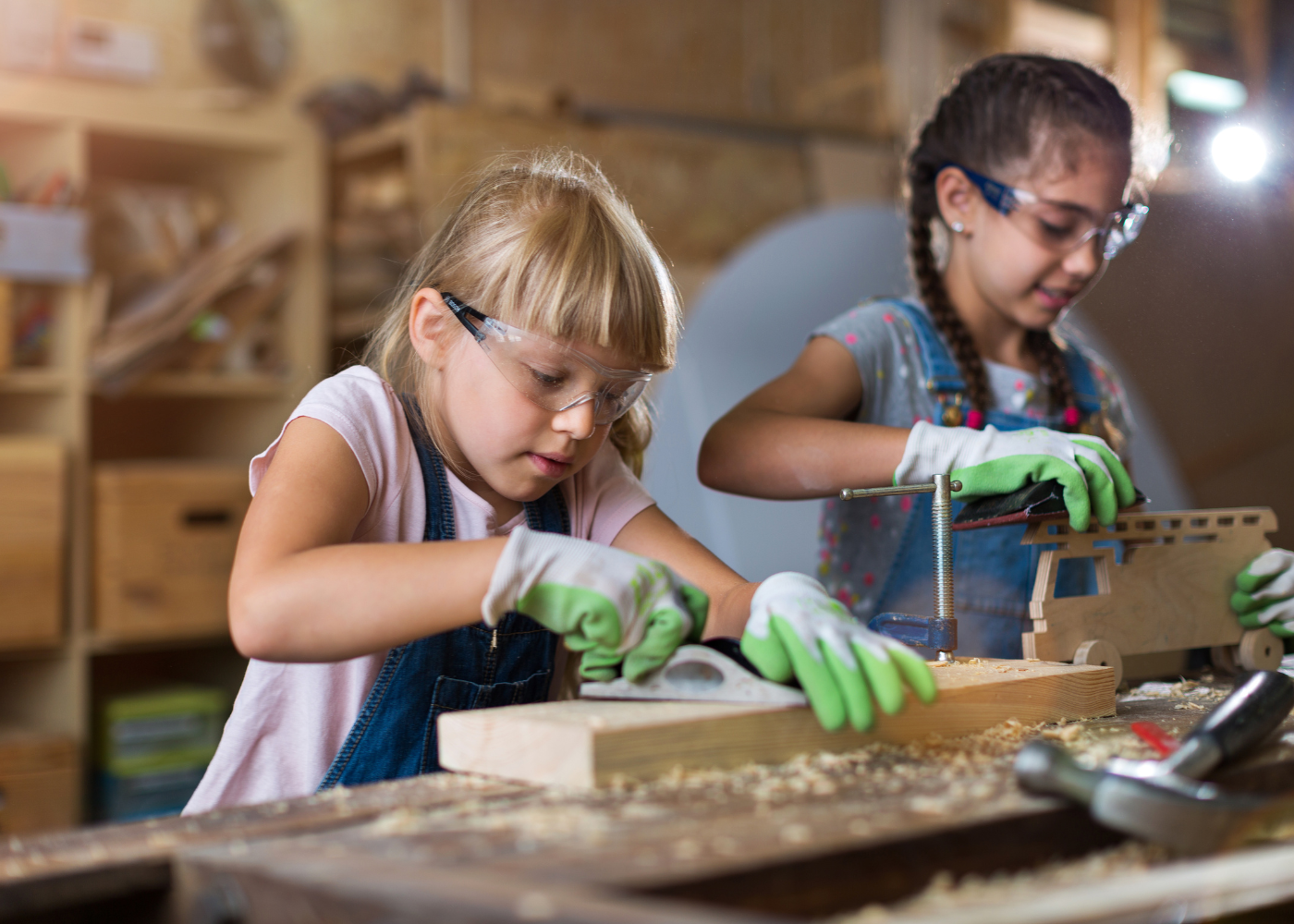
Charlotte Mason’s philosophy of education, with its emphasis on handicrafts, offers a timeless approach that enriches the learning experience. By incorporating practical, creative activities into education, Mason’s approach helps to develop well-rounded individuals who are skilled, patient, and connected to the world around them. As we navigate the complexities of modern education, the lessons from Mason’s emphasis on handicrafts remind us of the value of hands-on learning and the joy of creating something with our own two hands.
If implementing these types of handicrafts into your homeschool looks daunting, or if you are overwhelmed with all the possibilities and don't know where to start, try a Cozy Crafter Crate! Each handicraft kit comes with all the supplies and instructions you will need to make a unique project and learn useful skills. And better yet, the kits show up at your door every month with no effort from you! Sign up for a subscription today at www.cozycraftercrates.com
